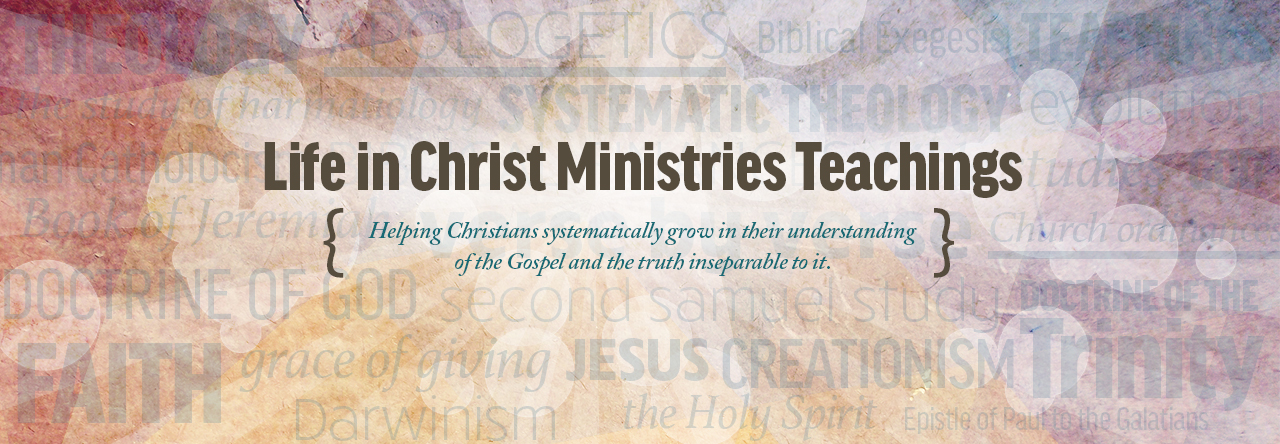25 In the same way He tookthe cup also after supper, saying, “This cup is the new covenant in My blood; do this, as often as you drink it, in remembrance of Me.”
Having infused the unleavened bread with fresh meaning, Jesus proceeded, after supper, to do likewise with the 3rdcup of the Passover meal. This cup, sometimes described as the ‘cup of redemption,’ or more particularly, the “cup of blessing,” would now truly epitomize blessing and redemption. Jesus said, “This cup is the new covenant in My blood…”

















